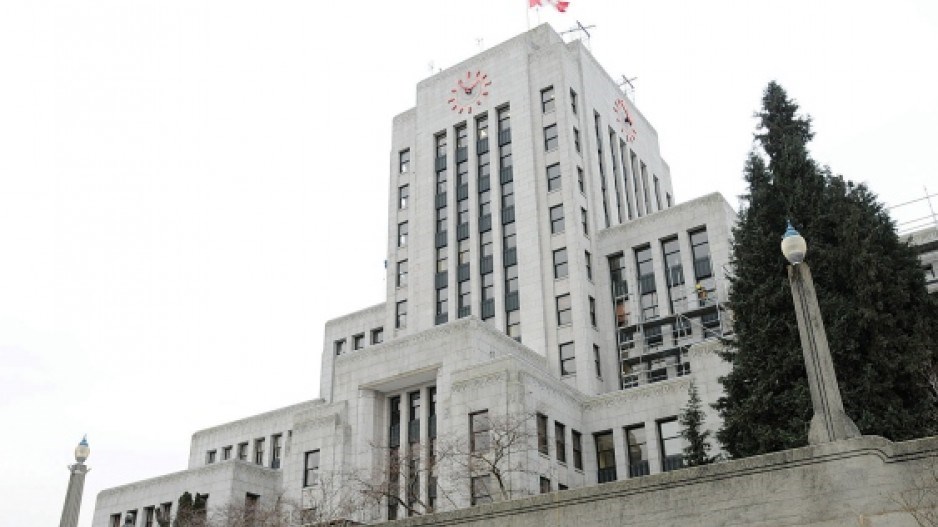The Mayor's Budget Taskforce is now public and it makes one thing crystal clear: City hall needs to get its spending under control.
Vancouver is in a bad spot. Property tax hikes pushed by Mayor Ken Sim are “unsustainable,” to the taskforce. And the taskforce is right.
Property taxes have risen by an average of eight per cent annually for the past three years. Meanwhile, city spending has grown by around 10 per cent per year.
For the first time in Vancouver’s history, municipal spending this year will be more than $2 billion. Capital spending by the city has risen by 63 per cent since 2021.
City operating costs have risen 29 per cent above the consumer price index in the past decade, largely due to increased spending on public safety and utilities. But those costs have far outpaced inflation and population growth, according to the taskforce.
Vancouver taxpayers are also hit disproportionately hard by regional and provincial taxes. Vancouverites paid 21 per cent of the Provincial Schools Tax and Additional School Tax despite the city only being home to 13 per cent of the province’s population.
That’s because property values in Vancouver are significantly higher than they are elsewhere in the province, which means property-based taxes hit city homeowners especially hard.
Those kinds of tax hikes, not to mention the growth in government spending, are not sustainable.
So what can Sim do to fix the city’s spending binge?
The easiest place to start is the city staff absence rate, which is 18 days per year. That’s almost twice the provincial average of 10 days per year, according to the taskforce report. Every day of reduced absenteeism would save taxpayers $4.5 million annually.
The city should also stop “downloading” costs from other levels of government. Downloading costs means the city is expanding the scope of its spending outside the role of a municipal government.
Downloading has “led to increased costs for the city’s residents and businesses, creating an unsustainable financial burden,” . Many of the downloaded costs fall into areas like climate change, health care and housing access.
Those may be important policy areas, but they are outside the city’s core mandate and represent big costs that are unsustainable in the long run.
The city spent outside of traditional service areas in 2023 alone. City politicians need to show real discipline and rein in spending outside their mandate.
The city should also sell off underused capital assets. Currently, the report shows the city’s Property Endowment Fund holds $5.7 billion worth of land and facilities. Most of the properties are leased to third parties.
That $5.7 billion only generated $13 million in dividends in 2023, which works out to a measly 0.2 per cent cash yield. Compare that to the fact that the city is paying interest rates of more than three per cent on its own offerings when it borrows money. The city should divest itself of the assets. This would give the city more financial flexibility without raising taxes.
Vancouver’s finances are in a tough spot. But bringing fiscal sanity back to our civic government is possible. The mayor should listen to the task force and get spending under control.
Carson Binda is the sa国际传媒 director for the Canadian Taxpayers Federation.



.jpg;w=120;h=80;mode=crop)